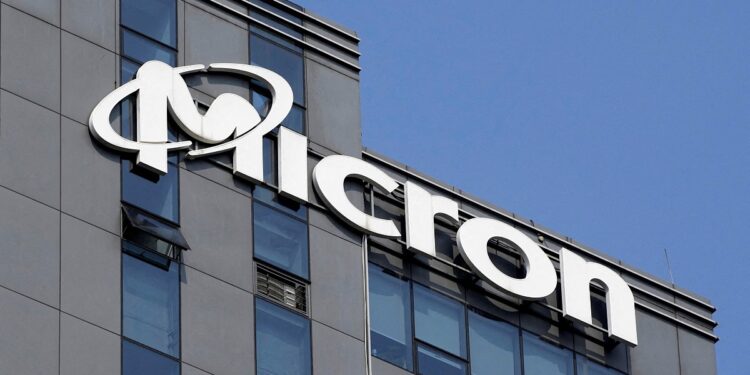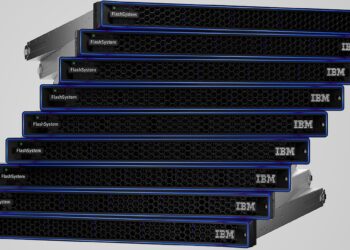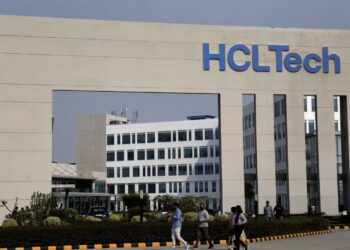Micron Technology, Inc. has initiated construction on a new High-Bandwidth Memory (HBM) advanced packaging plant in Singapore, strategically situated adjacent to its existing operations. This initiative will invest approximately $7 billion (SG$9.5 billion) over the coming years.
Micron’s cutting-edge HBM (High Bandwidth Memory) advanced packaging facility in Singapore is the first of its kind in the region. The new facility is planned to start in 2026, with the notable expansion of Micron’s advanced packaging capacity expected to roll out in 2027.
The ceremony’s notable attendees included Gan Kim Yong, Deputy Prime Minister and Minister for Trade and Industry of Singapore; Png Cheong Boon, Chairman of the Singapore Economic Development Board; Pee Beng Kong, Executive Vice President of the Singapore Economic Development Board; and Tan Boon Khai, CEO of JTC Corporation.
“As AI adoption proliferates across industries, the demand for advanced memory and storage solutions will continue to increase robustly,” said Sanjay Mehrotra, president and CEO of Micron. “With the continued support of the Singapore government, our investment in this HBM advanced packaging facility strengthens our position to address the expanding AI opportunities ahead.”
Also Read: Micron Announces Mike Cordano as EVP of Global SalesPng Cheong Boon, Chairman of the Singapore Economic Development Board, said, “We welcome this significant investment by Micron, which reflects its confidence in Singapore’s competitiveness as a critical node in the global semiconductor supply chain. This is Singapore’s first high-bandwidth memory advanced packaging facility, allowing us to contribute to global AI growth. It expands Singapore’s partnership with Micron and further strengthens the semiconductor ecosystem in Singapore.”
The HBM advanced packaging facility will incorporate advanced technologies such as greenhouse gas reduction, systems for water recycling, and waste management based on circular economy principles (reduce, reuse, recycle, recover). The new construction will be automated with the implementation of AI-driven intelligent solutions and to satisfy the standards for Leadership in Energy and Environmental Design (LEED) certification.




















